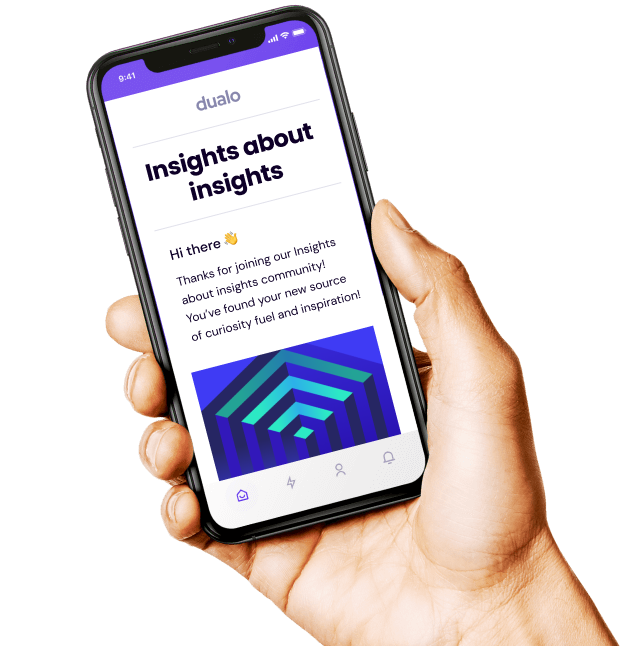Unlock the gold mine: how dedicated insight hubs revolutionise research efficiency and supercharge decision-making
It’s no news to any researcher that past insights are valuable – and every research initiative should start by looking back at what you already know. But in reality, insights can be hard to find and utilise efficiently. Enter the insights hub.




.svg)

.jpeg)

.jpeg)
.jpeg)

